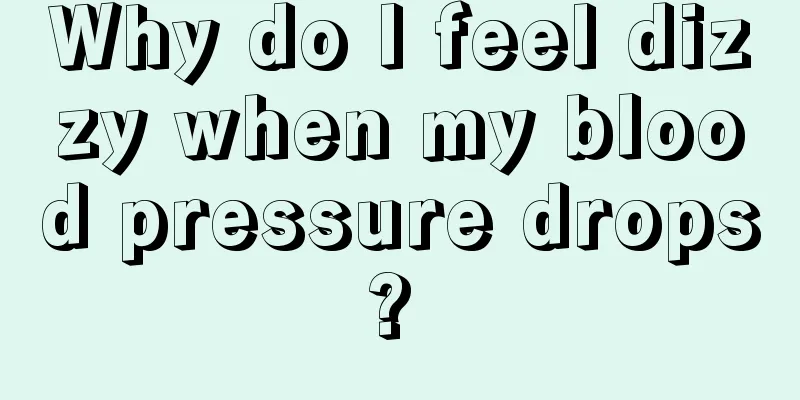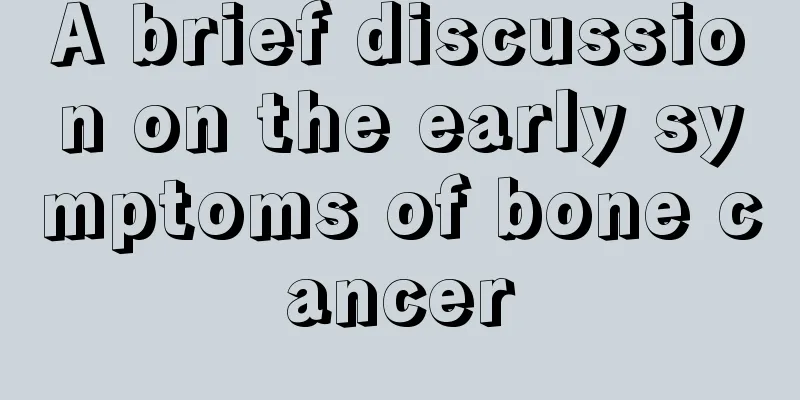What's wrong with chest pain when breathing

|
When there is pain in the chest, we should find out the cause and then improve it. So what causes chest pain when breathing? Pain during breathing should be considered as a musculoskeletal pain phenomenon on the one hand, and attention should also be paid to the occurrence of pleurisy on the other hand. If it is just muscle pain, it is relatively easy to treat, but if it is inflammation, you need to use medication to reduce inflammation. Of course, you cannot take medication blindly, you need to listen to the doctor's advice. 1. Differential diagnosis of chest pain during inspiration 1. Chest pain may be caused by anxiety. The characteristic symptoms are that patients claim that the pain lasts for hours, days, years, or even more than ten years. The pain may occur anywhere in the chest, and patients usually feel chest tightness. The patient begins to feel chest discomfort when he is at rest, such as sitting, lying down or not working, but not when he is working or exercising. 2. Chest pain during inhalation is one of the clinical manifestations of chest wall pain. Chest wall pain is also known as musculoskeletal pain. When it comes to chest wall pain, the pain is concentrated in one point and the patient can point it out clearly. The pain does not last long, usually only one or two seconds each time, and there is a chance of recurrence. The patient experiences stabbing or even severe pain in the chest when taking a deep breath, coughing, sneezing or turning around. The pain may be more severe than chest pain caused by other diseases, but most cases improve within a few days to two or three weeks. Differential diagnosis of chest pain during exhalation Pleurisy, also known as pleurisy, is an inflammation of the pleura. The most common symptom of pleurisy is chest pain. Chest pain often occurs suddenly and can vary greatly in severity, from vague discomfort to severe stabbing pain. It may only occur when the patient takes a deep breath or coughs, or it may be persistent and aggravated by deep breathing or coughing. 3. Treatment Methods 1. The inflamed area will heal on its own without taking any medication. A doctor may prescribe analgesics and anti-inflammatory drugs (such as ibuprofen). 2. If the ribs are broken, you can only wait for the wound to heal on its own. 3. There is no need to take antibiotics because they have no effect on viruses. 4. Insist on participating in personal physical examination activities organized by the unit and seek medical treatment in time if any disease is found. |
>>: Causes of waist muscle pain
Recommend
Are there male and female crucian carps?
Crucian carp is a very common edible fish in my c...
You must read the eternal secret of sleep!
According to medicine, experience and observation...
How many years can you live after laryngeal cancer surgery
Cancer is a systemic disease. Surgery is a local ...
Is purified water harmful to the human body?
Water is an essential substance for the human bod...
Diagnostic methods for early cervical cancer
If cervical cancer is discovered early, it will b...
What should I do if I have a big boil on my chin
The chin is the part most susceptible to internal...
What is the white precipitate in honey
The main source of honey is the nectar collected ...
Toxicity of cypermethrin to humans
People who grow crops know that there are usually...
Can a protruding forehead be reshaped?
A congenitally high forehead is a symbol of an in...
What are the dietary taboos for early lung cancer? 3 dietary taboos for early lung cancer
Patients with early lung cancer should arrange th...
What are the benefits of soaking your feet in vinegar
Soaking your feet in vinegar can strengthen your ...
Six tips to stay away from "inflammation"
Balanced nutrition, exercise, and quitting smokin...
What are the symptoms of fibroids
In today's rapidly developing society, there ...
How many types of hemodialysis are there
Generally, if there is a problem with kidney func...
Bone cancer patients may also generally have lumps on the bone surface
Bone cancer patients may also have a mass on the ...









